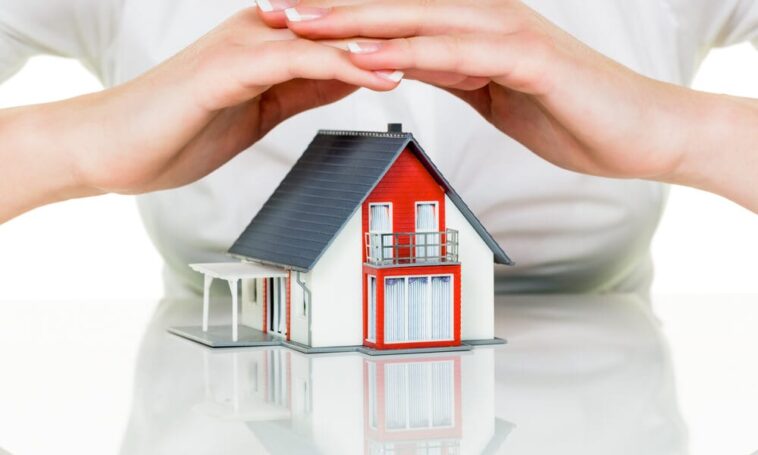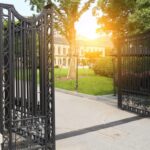One of the biggest issues when buying a home is ensuring you get homeowners insurance. Fortunately, it’s not usually something you can forget or overlook. The bank lending you hundreds of thousands of dollars insists on having your joint investment covered. But what exactly is covered in a homeowners insurance policy? It’s important information for every homeowner to have.
1. Damage to Your Structure
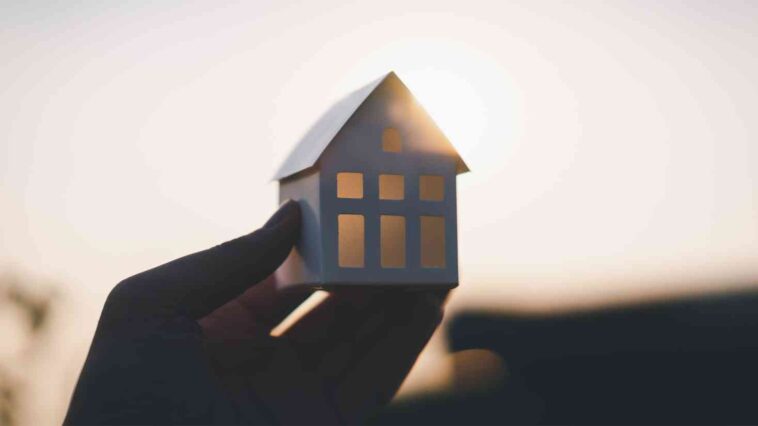
First and foremost, of course, homeowners insurance covers damage to your structure. Well, most damage anyway. The basic concept of this part of the policy is that insurance will pay for unexpected damage. This clause refers to events like fire, severe weather, vandalism, and theft. If lightning strikes your house or hail damages your roof, you’re usually going to be covered. However, if you have a leaky roof or a leaky pipe, you’re likely out of luck.
The primary factor to consider in the case of structural damage is that you won’t be covered for something preventable. Termites, for example, are rarely covered; insurance companies consider that preventable. The same rule applies to mold damage, fence repair, and even foundation repair, in many cases. You must speak to an agent when you get a home insurance quote to find out what structural damage is covered so you’re prepared.
2. Damage to Your Personal Property
Along with structural damage, you can also typically count on reimbursement for damage to your personal property. For instance, if your home is destroyed by a fire, you won’t just have coverage for the house. You can also expect coverage for your furniture and personal items like clothes, jewelry, appliances, and electronics. Of course, you won’t feel like some of those items can ever be replaced, but at least you won’t be left without any compensation.
To ensure your personal property is covered, you should have an itemized list of the bigger, more expensive belongings in your home. Your list should have an in-depth description of the things you may claim with the make, model, and serial numbers where possible. Be sure you have listed the date you purchased each item, with receipts, photos, and appraisals from when you purchased them. This level of detail will help your claim go more smoothly.
3. Damage to Other Parts of the Property
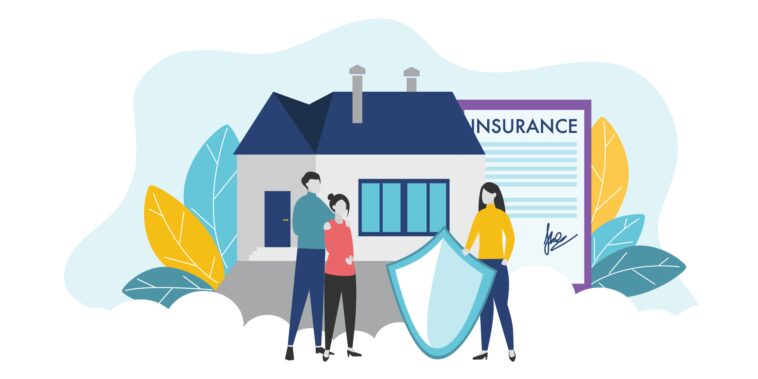
Fortunately, it’s not just your home and the items within that are covered. Most home insurance policies will also cover the items, structures, and other parts of your property. For example, if your swimming pool, tennis court, or tree house are damaged, you are often covered for those. Sometimes, however, you’ll need extra coverage, so be sure to ask your agent for clarification. And again, your policy will typically not cover loss due to negligence.
So, make sure your pool, garage, shed, barn, fences, and other elements of your property are well-maintained. Homeowners insurance will be looking for signs of wear and tear that could have prevented the damage. Keep your fence in good repair and regularly check your outbuildings for mold, mildew, termites, and rotting. Make sure all the parts of your property can only be damaged through no fault of your own.
4. Living Expenses
One coverage people don’t realize they can get is living expenses. If your home is damaged to the point of being unlivable, your policy will typically pay for you to stay in a hotel until it is repaired. You’ll also often be provided funds for food, necessities, and even parking. The expectation is that you should be able to live close to the way you were living before the damage occurred.
Fire damage, flood damage due to a pipe bursting, or roof damage that leaves you without shelter all count. These incidents are all usually considered beyond your control and would put you out of your home. Do note that flood damage due to a slow leaking pipe or even a major storm is not often covered. Talk to your agent about adding coverage for events like hurricanes, if you live in a region that makes you vulnerable to them.
5. Injuries of Others
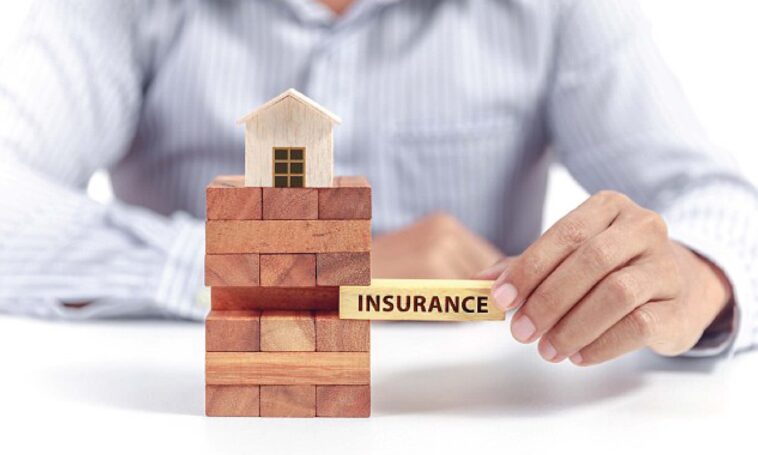
Finally, your homeowner’s policy will often include liability insurance. This coverage means that if someone is badly injured on your property, their medical bills and expenses are taken care of by your insurance. It will even often take care of any legal fees you incur if you are sued by the injured party. In many cases, the insurance company will step in and send you an attorney to represent you in the event of a legal battle.
What many people don’t realize is that your coverage also protects you in the event you accidentally injure someone off your property. If your kids are playing catch in the yard and unintentionally throw a ball through a neighbor’s window, you’re usually covered. What liability insurance does not cover is personal injury to you or your family members. You’re expected to have health insurance for those purposes.
Homeowners insurance is crucial to protecting what is likely the largest investment you’ll make in life. And it is just as critical to understand what your insurance covers. The last thing you want is to be left with expensive bills because you weren’t covered. When you make those calls to get quotes, ask all the questions, particularly about what is not covered. Often, you can add on extra insurance if necessary.



